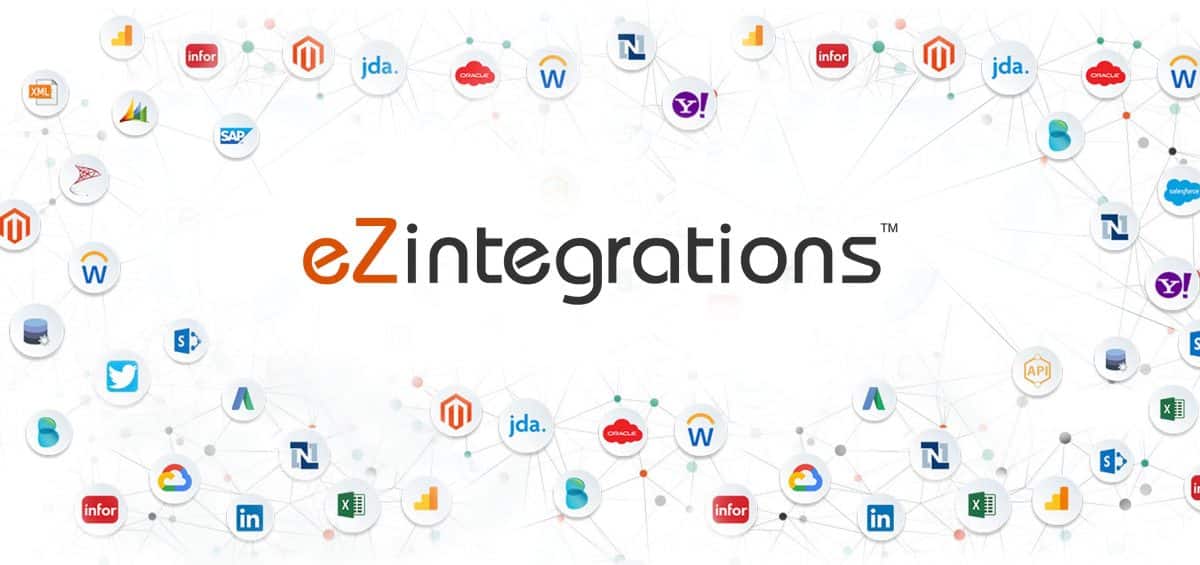
researchHQ’s Key Takeaways:
- Integration Platform as a Service (iPaaS) is a cloud-based solution that manages, develops and integrates data and applications from on-premises legacy systems and cloud to a single trusted system.
- While iPaaS is a helpful cloud-friendly alternative to traditional data integration, it faces significant challenges regarding data reliability and data privacy.
- Companies may require iPaaS if they have unintegrated applications, are migrating to the cloud, scaling too quickly, find data-wrangling difficult, or are spending too much on manual integrations.
- When adopting an iPaaS solution, companies should consider starting small and gaining a sense of familiarity before they go beyond table stakes.
Integrating your data – between multiple clouds, or from on-prem legacy systems to cloud? Connect applications, devices, people, and data with iPaaS for faster time to value.
Businesses are operating in a hybrid, multi-cloud world, using more than three cloud tools to solve problems. These applications are fragmented across different environments. When we bring two applications together and start passing data, we start experiencing inconsistencies. Sales team data and applications may not be consistent with the service team. How do we then connect various departments and processes to share data? We are living in an era of datafication and these connection bottlenecks can very well challenge business agility.
Currently, you may have in place a combination of SaaS (such as Salesforce), PaaS, or IaaS environments. The problem is with disjointed data ecosystem. One may need data from other application – CRM, ERP systems, financial platforms, HRIS, external locations, and so on – to perform optimally. iPaaS helps simplify your overall system by creating a virtual platform that brings together all your applications and data and cord them in a consistent structure.
Integration Platform as a Service (iPaaS), is a cloud-based solution delivered as a software service, that manages, develops and integrates data and applications from on-premises legacy systems and cloud to a single trusted system.
Evolution: Bringing a ‘Connector Mindset’ home
Integration isn’t new. It has been around for a while.
Earlier integration was about connecting application to application.
Next-gen iPaaS has grown into a broader integration platform. Synchronizing data between on-premises ERP system to cloud or SaaS, and in-between clouds. It is transcending boundaries to adopt new trends – microservices based architecture, API integration, and cloud – to connect not only applications but also data, people, and devices with maximum flexibility and scalability.
Not many years before, it was thought that cloud was the requiem for Extract-Transform-Load (ETL) and data integration. It’s certain now that data integration or ETL isn’t dead. In fact, it has become more complex and important in a world full of disparate and discreet data sources, diverse applications, and multiple clouds uses.
Hybrid, multi-cloud and data-driven organizations are taking new form to evolve a connector mindset. They are looking to scale, store, and analyze data, without losing its value irrespective of the source, device type and location. Next-gen iPaaS is thus becoming a hotspace.
Next-Gen iPaaS: Beyond data integration
iPaaS is a cloud-friendly alternative to traditional data integration. Foundational to hybrid integration and digital transformation, it is much more than the ability to move the data around.
Data reliability and privacy are huge challenges for integration.
Applications are becoming more and more disposable, but data persists. It augurs important challenges that next-gen iPaaS aims to address.
iPaaS needs to make sure the data remains safe, secure, trusted and robust. The resulting system needs to be strong, swift and efficient. The challenges for iPaaS are three-pronged: Data quality, Data governance and Data security.
Metadata is the data about data. It’s central to data quality. As data spread to discrete locations, environments and systems, and new data types emerge, integration capabilities will need to be encompassing and vigorous.
Then, data isn’t the exclusive playground of IT and developers anymore. In the past only a few developers wanted to work with data, now a whole new set of users are cutting in. Business users are also clamoring for data. Integration systems need to be able to expand to non- technical users: citizen integrators, data scientists, business users, and more for business success. As you communalize the use of data, it gives rise to other two challenges – data security and data governance.
If data is the new oil, secure data transfer within and outside the organization is pertinent to maintain a competitive advantage. Then again, how do you share information with partners the organization?








